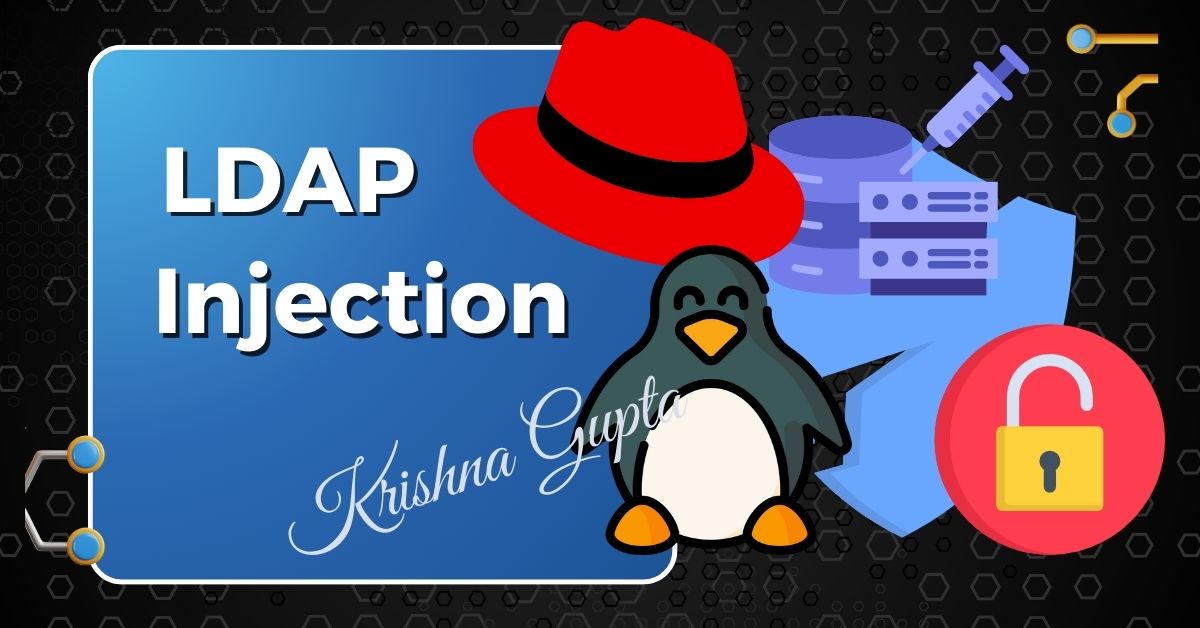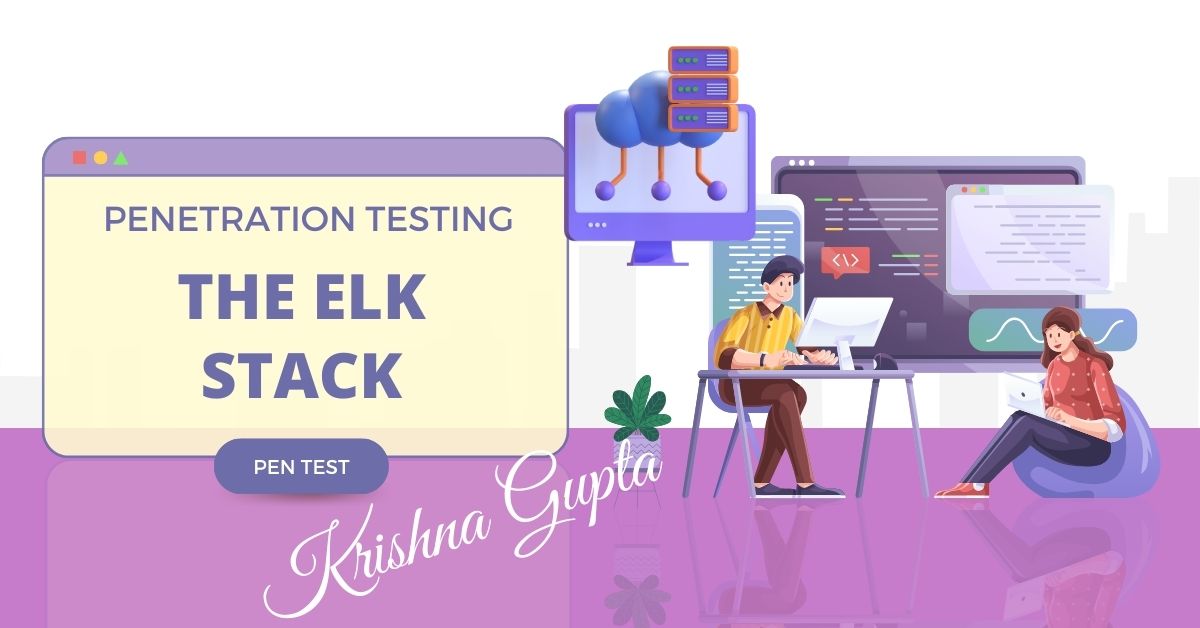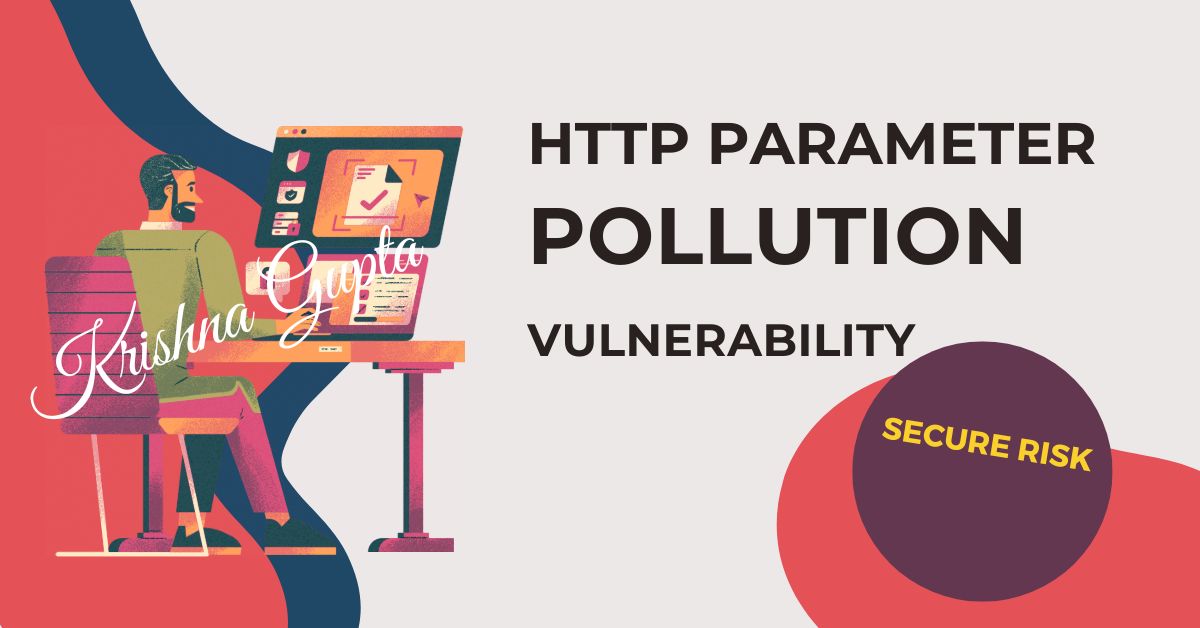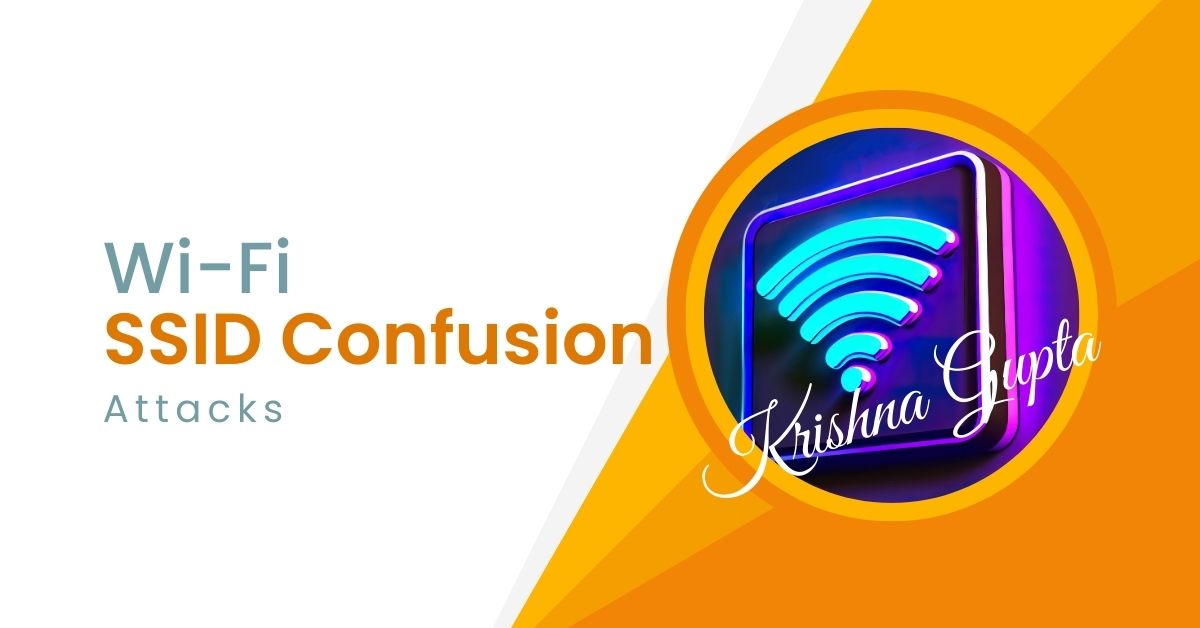Comprehensive Guide to LDAP Injection: SANS Top 25 CWE-90
LDAP Injection attacks are a severe and growing threat, with the potential to compromise sensitive data, escalate privileges, and disrupt business operations. Real-world incidents have demonstrated the wide-ranging consequences of such vulnerabilities, including financial losses, reputational damage, and regulatory repercussions.
By understanding the risks associated with LDAP Injection and adopting best practices for mitigation, organisations can protect themselves from these types of attacks. Regular security assessments, input validation, and the use of secure coding practices are essential for preventing LDAP Injection vulnerabilities and safeguarding against the potentially devastating impacts of these attacks.
LDAP Injection is a critical vulnerability that can have devastating consequences for an organisation, ranging from unauthorised data access to privilege escalation. By understanding how LDAP Injection works, the risks it presents, and the steps that can be taken to identify and mitigate it, penetration testers can play a pivotal role in strengthening the security posture of an organisation.




